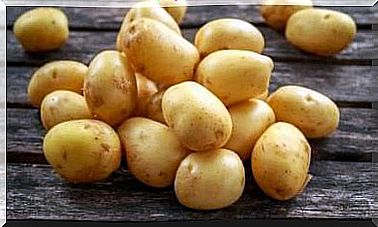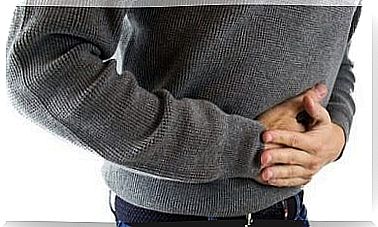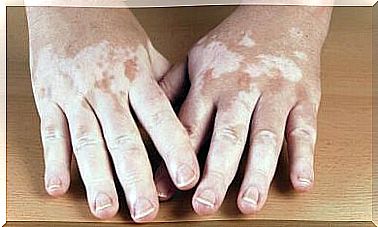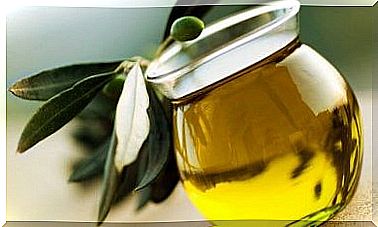Preventing Tartar Naturally
Did you know that activated charcoal of vegetable origin can help whiten and clean teeth? Use them carefully so as not to damage the enamel.
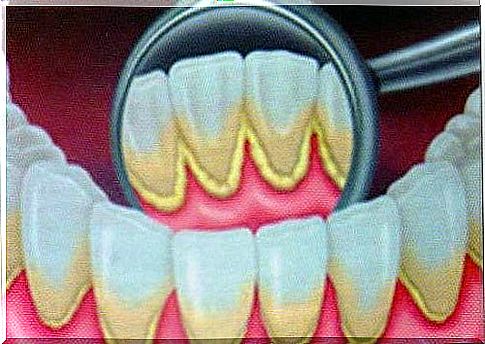
Tartar is deposited on the surface of the tooth. If it is not removed regularly, it can cause long-term damage to the teeth. There are methods to minimize the build-up of tartar and thereby make going to the dentist less frequent.
In principle, tartar is nothing more than “calcified plaque”. Plaque occurs when scraps of food are not properly removed from the surface of the tooth by brushing your teeth. Microorganisms in our mouth use these food residues, preferably those made from sugar, to settle on our teeth.
If the plaque stays on the teeth for longer – for example in places that are difficult to reach with a toothbrush, minerals from the saliva accumulate and harden over time. The result is tartar.
Fresh tartar is usually whitish-yellowish. Later, darker discolorations (up to black in smokers) can form on the teeth. You cannot remove tartar by brushing your teeth, it has to be done by the dentist.
But you can make sure that tartar does not form ! Here we give you simple tips on what you can do yourself.
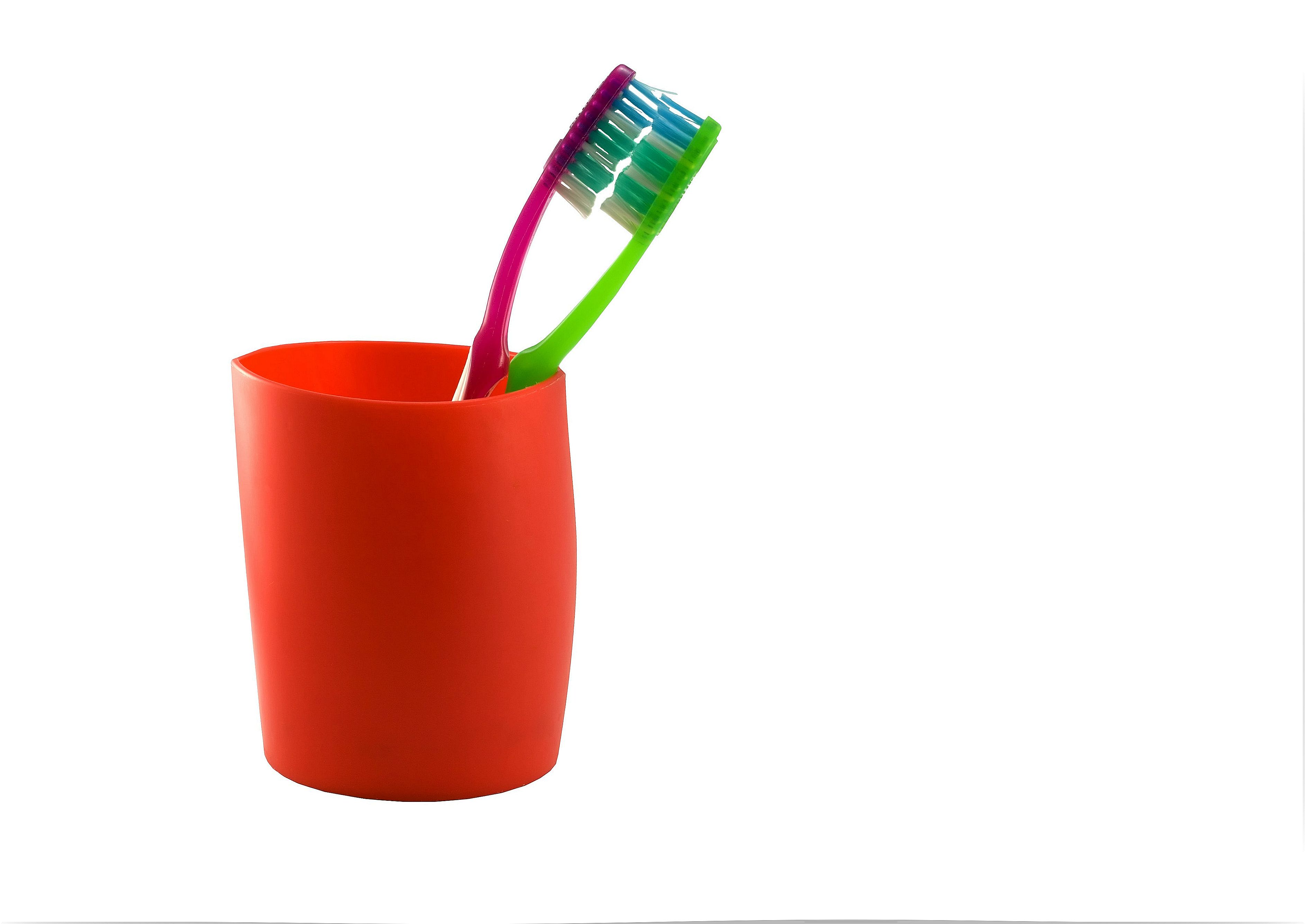
Brush teeth
Where there is no plaque, there can be no tartar. Therefore, you should brush your teeth at least twice a day. Please do not immediately after meals, as acidic foods, such as fruit, soften the tooth enamel and damage it when you brush.
So wait at least half an hour before brushing your teeth after eating or using a remineralizing tooth rinse immediately after eating.
The tooth rinse will help re-solidify the enamel with your saliva. The toothbrush can only remove plaque, but not important and healthy tooth substance.
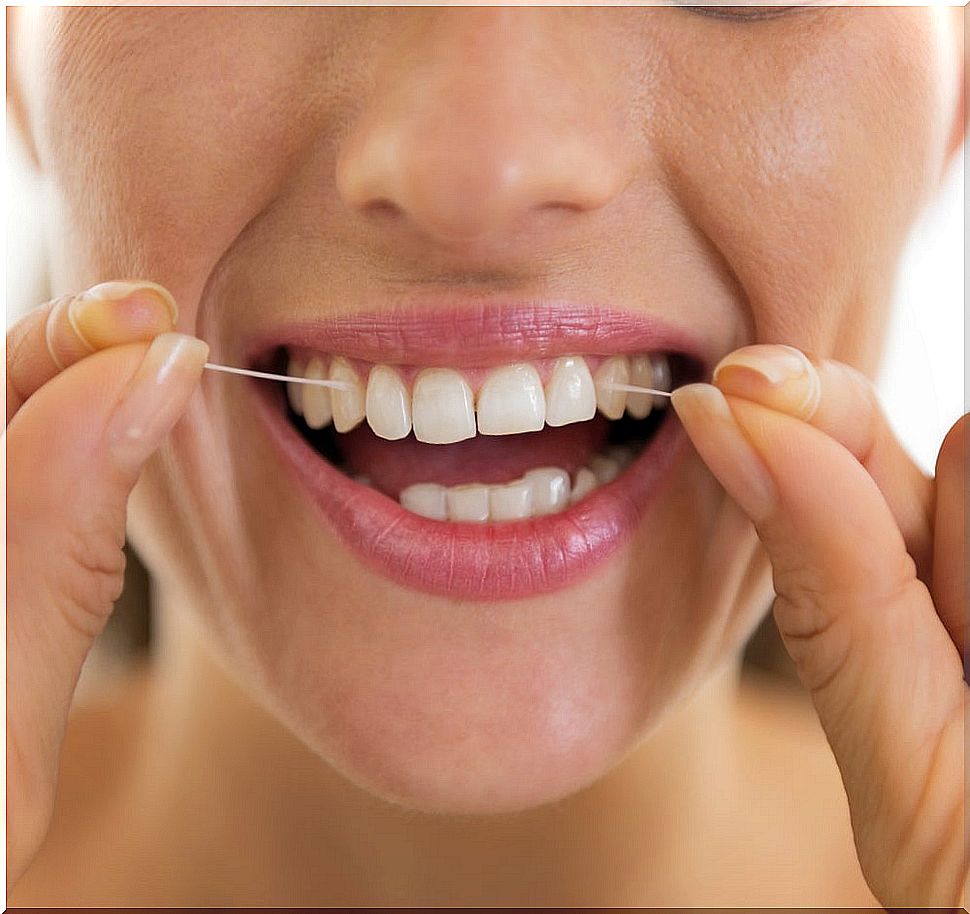
Use dental floss
With the floss you can reach places between your teeth that cannot be reached with a toothbrush. Use different types of floss depending on how close your teeth are together.
There are particularly thin, waxed dental floss that you can use to get into the tightest spaces, but also dental floss that swells a little in the mouth and is therefore particularly suitable for larger interdental spaces.
The better you use the floss, the more plaque you can use it to remove. There are numerous videos on the Internet that teach you how to use floss properly.
Use interdental brushes
In pharmacies, drugstores and also at the dentist, there are interdental brushes that can be used to comfortably clean larger spaces between the teeth.
Like flossing, just use it before brushing your teeth to thoroughly remove plaque from your teeth so that tartar cannot build up.
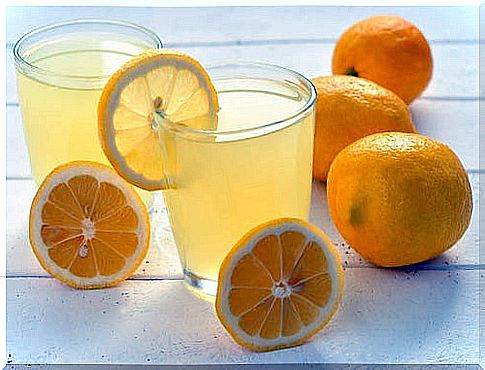
vitamin C
Those who eat enough vitamin C ensure a healthy oral flora and thus counteract the formation of tartar. Vitamin C is abundant in fresh fruit.
The fruit acids contained in the fruit can soften the tooth enamel, which is why you should not brush your teeth immediately after consuming fruit. Even so, it is important to consume foods rich in vitamin C. It all depends on the right time!
Cheese versus acid
Cheese binds the acid that damages the tooth enamel through the plaque bacteria. If you chew a piece of cheese thoroughly after eating, you reduce the acidic environment in the mouth and make the plaque bacteria no longer feel good in your mouth.
The less plaque, the less tartar can form!
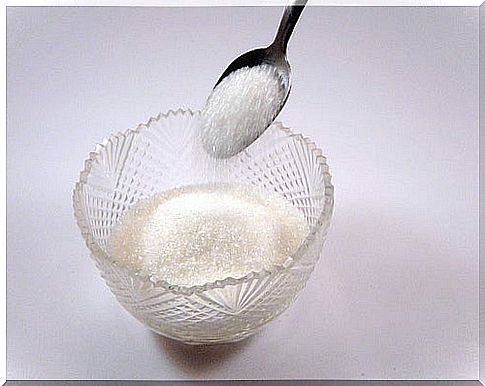
Little sugar
Our mothers were always right: sugar is harmful to teeth! Anyone who eats a lot of sugary foods promotes the formation of plaque and thus the formation of tartar. So stay away from sweets! Mom knew why!
Professional tooth cleaning
Once a year you should have your teeth cleaned professionally by a dentist you trust . Your teeth and especially the spaces between your teeth are thoroughly cleaned with a special granulate.
The dental assistant blows the whitish granules against your teeth with air pressure. After the treatment, plaque is removed from everywhere and your teeth are completely smooth and the risk of tartar is minimized.
Have tartar removed
Not only is it unsightly, it is also harmful. Bacteria feel comfortable on the rough surface and can lead to further problems. Most often, tartar forms on the necks of the teeth, in close proximity to the gums.
Therefore, the bacterial colonization of the tartar can lead to inflammation of the gums or also to periodontitis or periodontosis. The teeth are in immediate danger of loss. So it really makes sense to prevent tartar!

